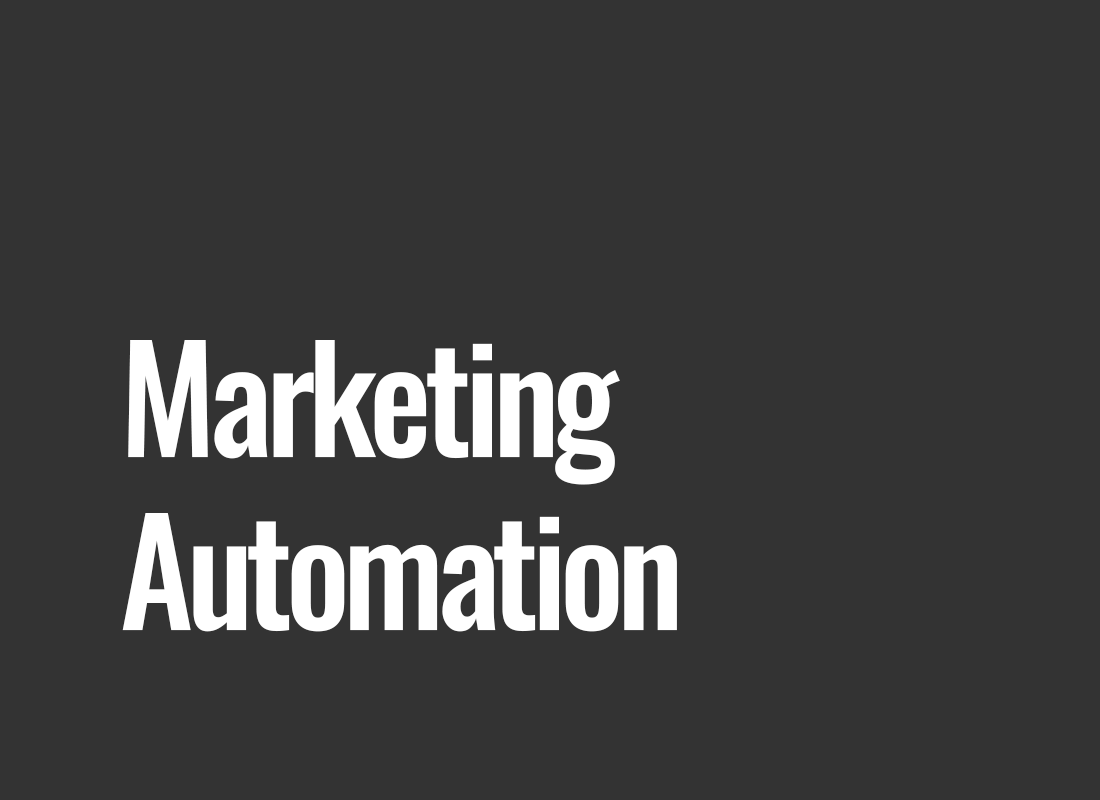Marketing Automation
Marketing Automation is a revolutionary approach to marketing strategy that leverages powerful computing tools to automate and optimize processes related to product or service promotion. In today's rapidly changing business environment, where competition is fierce and customer expectations are rising, Marketing Automation becomes a key element of an effective marketing strategy. It's no longer a secret that effective management of marketing campaigns requires not only creativity but also precise data analysis and quick response to changes in consumer behavior.
In simple terms, Marketing Automation is a tool that allows companies to avoid the monotony of routine tasks, such as manually sending emails or monitoring website interactions. Instead, advanced marketing automation systems can collect, analyze, and interpret data, providing real-time valuable insights into the preferences, shopping habits, and online activities of potential customers.
In the context of the modern business environment, where capturing customer attention becomes increasingly challenging, Marketing Automation becomes an essential tool for companies aiming to compete effectively in the market. It's not just technology; it's a modern marketing philosophy that emphasizes an individual approach to the customer, personalized communication, and effective management of the entire customer lifecycle.
Marketing Automation in Practice
In today's dynamic business environment, where the pace of change is relentless, Marketing Automation becomes an indispensable tool for companies looking to efficiently manage their marketing campaigns. This advanced system based on information technology enables the automation of many promotion-related processes, leading to increased efficiency, shorter response times to market changes, and a better understanding of customer needs and preferences.
In summary, Marketing Automation includes several key elements that collaborate to optimize marketing activities. One of them is collecting customer data. These systems analyze vast amounts of information about user interactions with the website, marketing content, or products. Based on this data, accurate customer profiles are created, allowing for communication personalization.
Another important aspect is audience segmentation. Marketing Automation allows for precise determination of the target group based on various criteria such as demographics, purchasing behavior, or preferences. This enables companies to deliver personalized content, thereby increasing campaign effectiveness.
Effective Applications of Marketing Automation:
- Content Personalization: One of the most visible aspects of Marketing Automation is its ability to personalize content. For instance, an online store can automatically adjust content on the homepage to match a user's preferences, presenting product suggestions aligned with their past purchases or browsed categories.
- Automatic Lead Nurturing: In the context of B2B, Marketing Automation can be used for automatic lead nurturing. The system analyzes the behaviors of potential customers on the website or in response to email campaigns and assigns them to relevant communication flows. This allows for the delivery of personalized content tailored to the current stage of the purchasing process.
- User Behavior Response: In e-commerce, Marketing Automation enables an immediate response to specific user behaviors. For example, if a customer adds a product to the cart but doesn't complete the purchase, the system can automatically send them an email reminder with a special offer, encouraging them to finalize the transaction.
Conclusion
The introduction of Marketing Automation is not only a step into the future for the marketing industry but also a necessity for companies wanting to stay competitive in the market. It's a tool that allows focusing on essential aspects of the marketing strategy while eliminating the need for manual management of various processes. Content personalization, automatic lead nurturing, and user behavior response are just a small fraction of the possibilities offered by Marketing Automation.
In today's world, where competition is fierce and customer expectations are rising, Marketing Automation becomes a crucial tool for companies wanting not only to survive but also to succeed. It's a technology that not only saves time but also enables the delivery of personalized experiences, translating into customer loyalty. Ultimately, Marketing Automation is not just a tool but a modern philosophy that defines a new standard in approaching marketing and building customer relationships.




